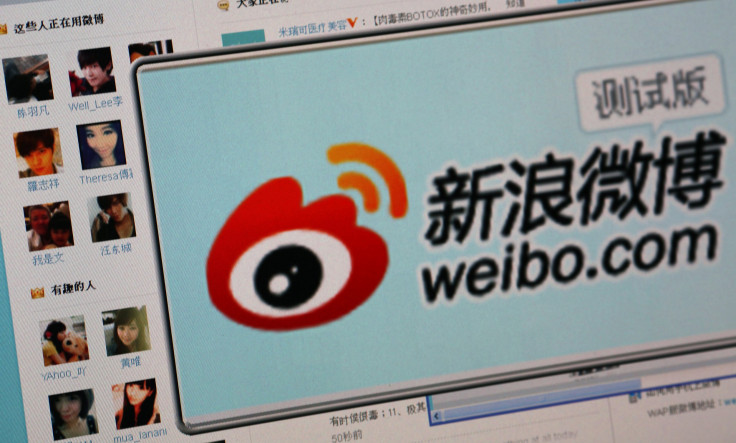China's Weibo Announces Censorship Against Photos Of 'Models' In Swimsuits

The wildly popular Chinese microblogging platform Weibo just announced it will censor posts featuring images of women in lingerie or swimwear, as part of an effort to erase “erotic” images. The move, announced by CEO Wang Gaofei, is seen as Weibo’s move to comply with larger restrictions proposed by the government against “vulgar and pornographic” content circulating online.
Writing on his own Weibo account, Wang said that modeling agencies that posted “images of [models] in swimwear or black lace” would be removed from accounts effective immediately. On Weibo, “modeling agency” is an umbrella term used to describe a variety of services and businesses but often crossing the line from advertising or art into what Weibo is calling “erotic content.” The post by Wang was also followed by a list of official rules and standards to be followed.
Modeling agencies who want to continue to have a social media presence on the website, China's equivalent to Twitter -- which is banned in mainland China -- must submit accreditation and other identification of a legitimate business. Those who do not go through this approval process will be banned from the site.
China has had a long-standing ban on pornography, and even a National Office Against Pornographic and Illegal Publications to handle such violations. However, when it comes to the gray area of models in swimsuits, members of the Weibo blogosphere have not been understanding.
“I didn’t realize I lived in North Korea,” one user posted in response to Wang’s announcement. “No wonder there are fewer and fewer people on Weibo,” another added. “Oh, finally a reason to uninstall from Weibo, thank you,” wrote a third user.
In 2014, Weibo users fell 9 percent to 280.8 million from 308.6 million the year before, according to one report by China's Internet Network Information Center, a government institution.
China’s government has waged an ongoing campaign against a wide variety of media that can be considered vulgar, including pornography, violent video games, online advertising, and even television shows that feature anything that could potentially be perceived as inappropriate. Given China’s often arbitrary censorship standards, a number of things could be considered.
Self-censorship is not new for Sina, Weibo’s parent company. In 2013, Weibo shuttered roughly 100,000 accounts for violations against the “seven bottom lines,” the title of the platform’s terms of use.
© Copyright IBTimes 2024. All rights reserved.






















